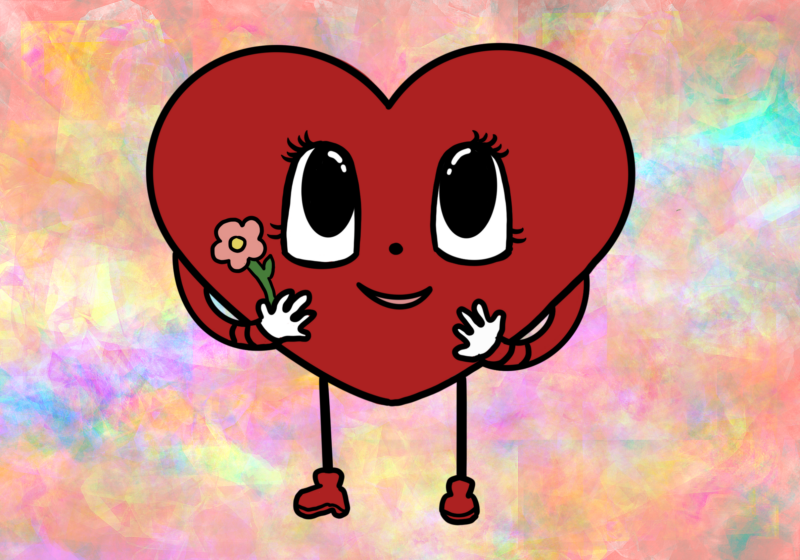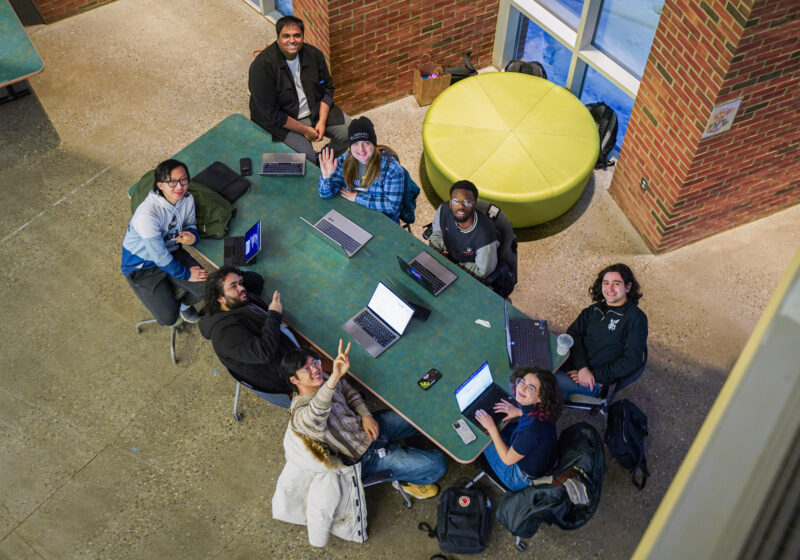After being at the University of Rochester for a few years now, we have noticed something that is less than fly. A large portion of the student body is not hip to the true definitions of the many various sexualities and gender identities/expressions that are present in this here world. We’re talking about that big string of letters that you all hear so much about, LGBTQIA+. That’s a lot of letters! You’re right, and it’s time to learn all about ‘em. Because hey, your sexuality or gender identity might match one of these, and you might not even know it! Let’s get started.
Lesbian: The ladies! This is when you’re a woman and you’re attracted to other women. It doesn’t exist purely for the male gaze. (It’s not just for getting to look at two times the tits when you’re rubbing one out on Pornhub). It’s a super real and super valid sexuality.
Gay: When men are attracted to other men! This is likely the most visible of all of the non-straight sexualities in mainstream media and history. If you use this word as an insult or to describe something negatively, you’re a huge douche!
Bisexual: When someone is attracted to both the opposite sex and the same sex. This is not a “trendy” sexuality. Many people think that those who identify as bi are just trying things out. Don’t diminish or doubt someone’s sexuality! A helpful analogy is the “pullout couch” idea: whether it’s functioning as a couch or a bed, it’s still a pullout couch. It’s that easy!
Transgender: This is when someone has a gender identity or expression that is different from the one that was assigned to them at birth. Trans issues are extremely important and are becoming more and more visible every day. Even if you think you know everything there is to know about the trans community, please keep trying to learn more so that you can be as respectful and accepting as possible. The trans community is incredibly marginalized and ignored, and has been for pretty much all of human history. Let’s work to try and change that, yeah?
Queer: This one’s a little tricky. Back in the day, this term was used as a derogatory slang term to identify anyone who fell under the LGBTQIA+ label. It has since been reclaimed by the community, and usually refers to someone who identifies as anything besides straight. However, not everyone in the LGBTQIA+ community feels this way! There are many people who still find this term very offensive, so it’s best to do your research before using it.
Intersex: This is when a person has a set of sexual anatomy that doesn’t fit within the labels of female or male. It’s exactly what the name implies! It’s very important not to make assumptions about gender identity, and one way to prevent that is to ask people what their preferred gender pronouns are (He/him, she/her, etc.).
Asexual: This is when a person experiences little or no sexual attraction to any group of people. Many believe that our very own George Eastman was asexual, since he never had any romantic interests during his life (many people also believe he was gay; regardless, he definitely wasn’t straight.)
We covered the most referenced letters, but there are still so many left within that “+” category! You can be Pansexual, Questioning, Intergender, Gender Fluid, and so much more. We would encourage anyone who reads this to research as many sexualities and gender identities/expressions as they can. It is extremely important to be the most educated and informed you can be when it comes to this incredible community of people.
Polcyn-Evans is a member of the class of 2018.
Guilfoyle is a member of the class of 2016.



